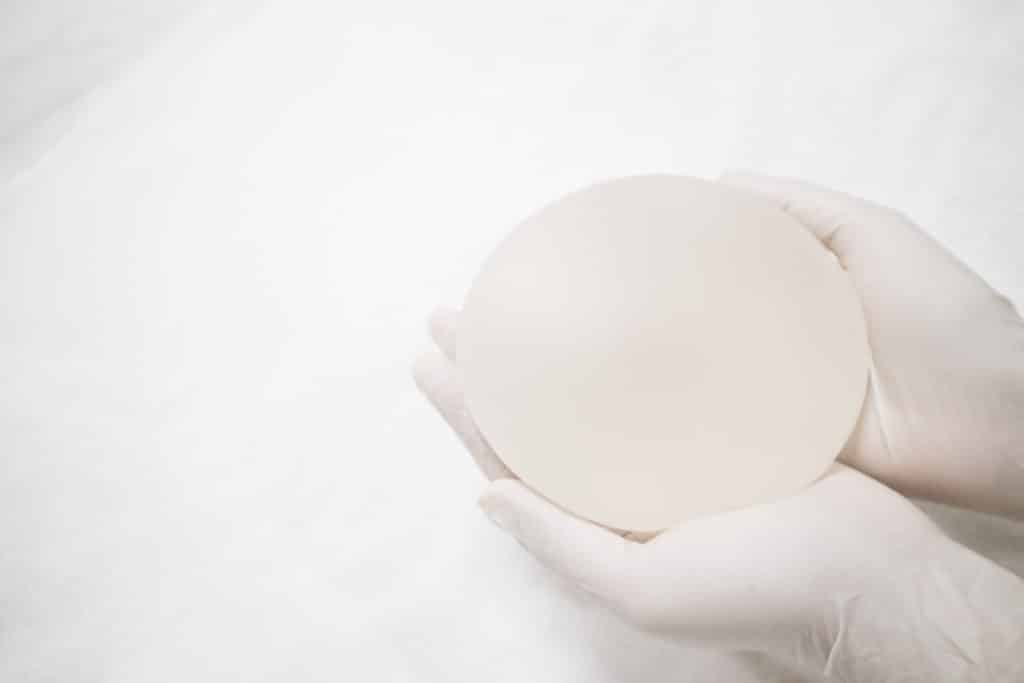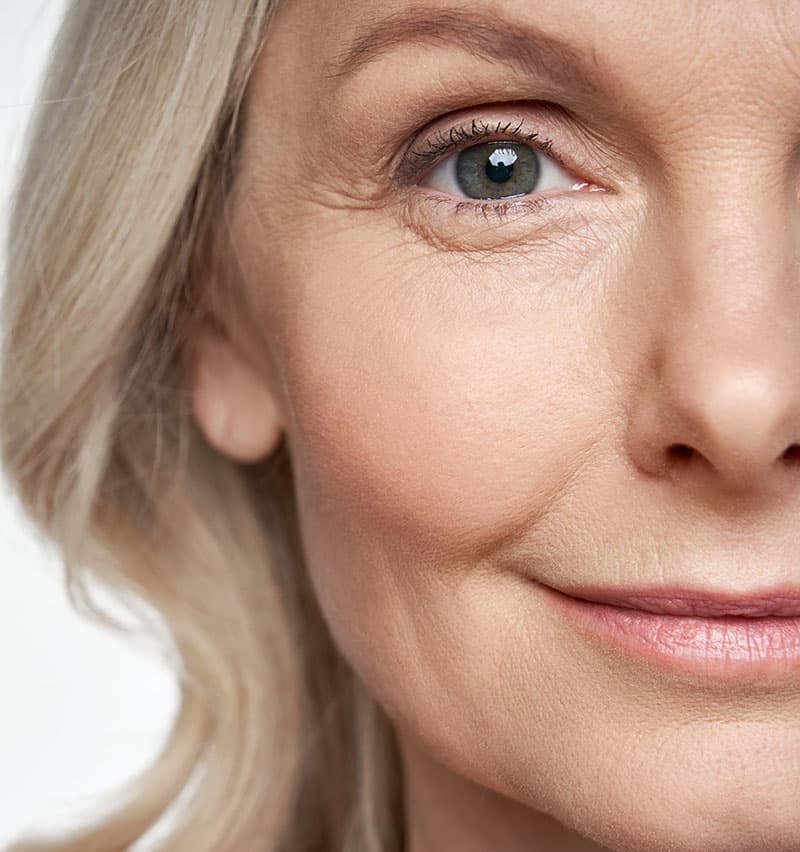Naturally, as we age, and collagen levels begin to decline the skin can start to lose its laxity. This loss of laxity unfortunately can cause the skin to lose its structure and begin to sag in certain areas.
Face and neck lifts are cosmetic procedures designed to improve the appearance of the face and neck by tightening and lifting the skin. Each procedure involves removing excess skin and tightening the underlying muscles to create a more youthful and rejuvenated look.
Face Lift
A facelift, also known as rhytidectomy, is a cosmetic surgical procedure designed to improve the appearance of the face by reducing sagging skin, wrinkles, and other signs of aging.
The procedure involves making incisions along the hairline and around the ears, lifting and tightening the skin and underlying muscles, and removing excess skin and fat.
Facelifts can be tailored to target specific areas of the face, such as the forehead, cheeks, and jowls. Some facelift techniques also involve the use of liposuction to remove excess fat from the face and neck.
Facelifts are typically performed under general anaesthesia and require a period of recovery time. Patients may experience swelling, bruising, and discomfort after the procedure, and will need to avoid strenuous activities for several weeks while the body heals.
Neck Lift
A neck lift, also known as a lower rhytidectomy, is designed to improve the appearance of the neck by reducing sagging skin, wrinkles, and other signs of aging.
The procedure involves making incisions behind the ears and under the chin, lifting and tightening the skin and underlying muscles, and removing excess skin and fat.
Neck lifts are typically tailored to combat jowls, chin, and neck bands, but some techniques also involve the use of liposuction to remove excess fat from the neck.
Neck lifts are typically performed under general anaesthesia and similar to a facelift, require a period of recovery time.
Aftercare
Following both facelifts and neck lifts, it is natural to experience swelling, bruising, and discomfort. In terms of aftercare, your surgeon will provide some recommendations to aid the healing process. Here are some general tips for post-surgery care:
• Rest and Limit Activity: It’s important to get plenty of rest and avoid strenuous activity for several weeks after the procedure. This can help reduce swelling and promote healing.
• Use Cold Compresses: Applying cold compresses to your face can help reduce swelling and discomfort after the procedure. Your surgeon may recommend using ice packs or frozen peas wrapped in a towel for 20 minutes at a time, several times a day.
• Keep Your Head Elevated: Keeping your head elevated while sleeping can help reduce swelling and promote healing. Your surgeon may recommend sleeping with your head elevated on several pillows.
• Take Medications as Directed: Your surgeon may prescribe medications to manage pain, and swelling, and prevent infection. Be sure to take these medications as directed and avoid taking any additional medications without first consulting with your surgeon.
• Follow a Healthy Diet: Eating a healthy diet rich in fruits, vegetables, lean protein, and whole grains can help promote healing after the procedure.
• Avoid Smoking and Alcohol: Smoking and alcohol can interfere with the healing process and increase the risk of complications. It’s important to avoid smoking and limit alcohol consumption for several weeks after the procedure.
• Attend Follow-up Appointments: Your surgeon will likely schedule several follow-up appointments to monitor your progress and ensure proper healing. It’s important to attend these appointments and follow your surgeon’s instructions for post-operative care.
Before undergoing any type of surgical procedure, you should consider the potential risks and benefits of a neck lift before deciding to undergo the procedure. It’s also important to choose a qualified and experienced surgeon who can help you achieve the results you desire.
For more information on face/neck lifts, or to book a consultation with one of our experts contact Specialists in Plastic Surgery.






